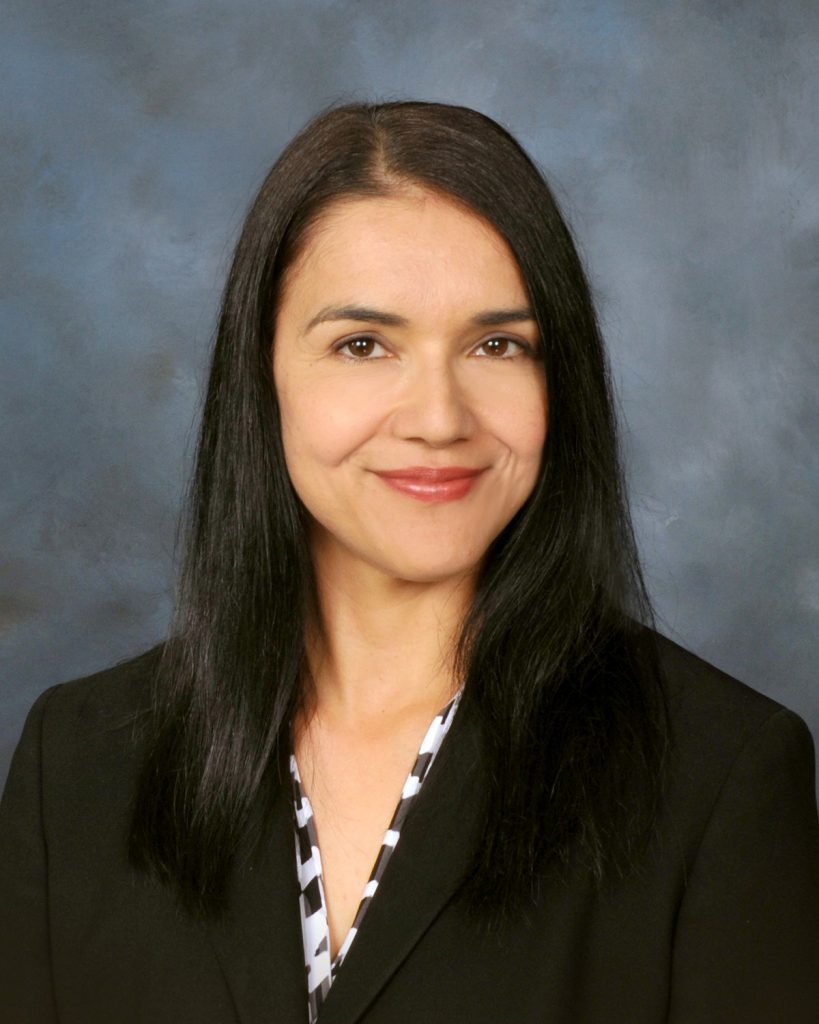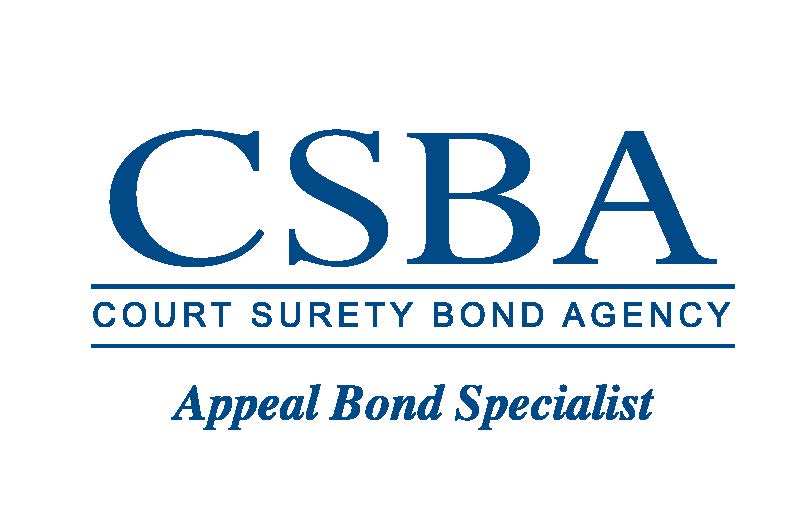
PRO BONO ATTORNEY
SARAH LAHLOU-AMINE
How did you first get involved doing pro bono work?
I give a lot of credit to my alma mater, Stetson University College of Law, for getting me involved in pro bono work early on. I had always loved volunteering and connecting with my community, and Stetson did a fantastic job of identifying pro bono opportunities for its law students. After I started practicing, I found pro bono opportunities through legal aid clinics, including the Bay Area Legal Services Family Forms Clinic. These opportunities allowed me to fit pro bono work into my busy schedule as I was figuring out how to balance everything at the outset of my career.
When I was able to incorporate appeals into my pro bono practice, I got increasingly involved in the Appellate Practice Section of the Florida Bar’s Pro Bono Committee. Through this committee, I found opportunities to do the appellate work I enjoyed on a pro bono basis, helping litigants who lacked the financial means to hire a lawyer navigate Florida’s appellate courts in landlord-tenant, family, civil, and criminal appeals.
Another aspect of pro bono work I got involved in early on is committee work and leadership to promote and facilitate pro bono programs. I eventually had the honor of chairing the Section’s Pro Bono Committee for a number of years. Along with the Committee’s prior chair, Bryan Gowdy, we worked to broaden the Committee’s reach by connecting with legal aid organizations and courts throughout Florida. I have since watched proudly as the Committee has continued to grow and evolve through the great leadership of Carrie Ann Wozniak, Joe Eagleton, and Eric Netcher. We are lucky to have such a strong commitment to pro bono service within our Section.
How has pro bono affected your practice/life personally?
My pro bono service has had so many positive impacts on my life and my career. We all know that the practice of law can be stressful. My pro bono work helps to ground me in this hectic profession. As lawyers, our livelihood depends on our system of justice, and the health of that system depends upon equal access. I have always been inspired by the words of Dr. Martin Luther King, Jr., “Injustice anywhere is a threat to justice everywhere.” We must all do our part to identify and fight against injustice and ensure that everyone has equal access and a voice in the process. Pro bono work has been a wonderful way for me to contribute to these goals and connect with something larger than myself.
Pro bono work has also taught me a lot about the needs of my community. I have gained insight that informs my role as a lawyer and a citizen on issues including domestic violence, housing, civil rights, and conditions of incarceration. I have also come to understand and appreciate the great work that our state’s legal aid organizations do in our communities and how pro bono service supports that work. I have the pleasure of serving as a member of the Board of Directors of my local legal aid organization, Bay Area Legal Services, and that role has given me an even closer look at the dedication and amazing results achieved by legal aid lawyers. These lawyers are my personal heroes, and they inspire me every day.
Describe a pro bono appeal that you worked on that impacted you.
One of my favorite pro bono experiences was a second-tier certiorari proceeding I handled for a tenant who was denied recovery of a court registry deposit after prevailing on dismissal in an eviction action. The experience gave me the opportunity to work with an incredibly skilled legal aid lawyer who had represented the client in the county court proceeding and the appeal to the circuit court. Second-tier certiorari is a rare remedy (and mostly obsolete at this point given recent jurisdictional changes in Florida courts), but I felt we had a chance, and I took the case.
I was delighted when we received the court’s opinion in our favor. For my client, beyond the recovery of her deposit, there was a sense of having achieved justice. It was important that she was a part of that, and it was an honor that I was, too. But the experience also showed me another valuable function of pro bono work. The deposit in that case was what many would have considered insignificant, particularly when weighed against the fees that are typically incurred by lawyers in appellate proceedings. But the value of our victory was so much greater than that—on an individual level, it was access to justice, and more broadly, it was the creation of precedent that would protect others.
What advice do you have for volunteer lawyers eager to take on a pro bono appeal but hesitant to accept a case?
I would encourage anyone interested in handling or assisting with a pro bono appeal to contact our Section’s Pro Bono Committee and ask to be placed on the email list where you will receive information about appellate pro bono opportunities. The Committee offers mentors who are board certified in appellate practice and, in many cases, can connect you with a lawyer experienced in the subject matter of your appeal as well.
If you are still on the fence about taking on a pro bono case, or if you have time constraints or other concerns that you feel might pose a challenge for incorporating pro bono work into your practice, please do not hesitate to reach out to me. I always enjoy helping my fellow lawyers find pro bono opportunities that will add meaning and fulfillment to their practice.


